Mental illness (including struggles that don’t meet a specific diagnosis) is a serious public health burden that affects a large proportion of people. This is true within EA as well as in the general population. In EA, as in any community, it’s important for us to try to support those who are struggling.
We sometimes see the theory that EA causes unusually bad mental health, but the evidence lightly points toward EA being good or neutral for the wellbeing of most people who engage with it.
Most respondents say EA is neutral or good for their mental health
There have been surveys done specifically about mental health and EA (2019, 2021, 2023), but these didn’t aim to be representative of the EA population. The largest and most representative source is the EA Survey 2022, where most respondents indicated neutral or positive effects of their EA involvement on their mental health.
There’s a selection bias: respondents stayed in EA long enough to take the EA Survey. We expect that people who leave EA because of bad experiences are under-represented here.
Catherine asked David Moss from Rethink Priorities to look for patterns across groups in the 2022 survey, and he did some quick analyses, but nothing particularly significant stood out. David’s summary:
- There were no significant differences for gender, race, levels of engagement in EA, and whether the respondent was focussed on neartermist or longtermist causes.
- Respondents currently residing in ‘Rest of the World’ reported larger increases than UK/USA/Europe.
- The increase in mental health was higher for people newer to EA, younger respondents, and students, but the differences were fairly small.
The 2019 EA/mental health survey also found “more involvement in EA is positively, but not significantly, correlated with better mental health.”
It’s possible things have changed since these surveys, perhaps with the rise of concern about existential risk or stress around the FTX situation.
While the overall pattern here is positive, some portion of people report EA worsening their mental health. We’ve talked to community members who’ve had a really tough time in the community, where being part of EA wasn’t good for them personally. (And we’ve experienced that at times too.) That’s painful, and part of our work is to try to reduce those problems.
Why might EA be good for wellbeing?
Community engagement and a sense of purpose are typically good for mental health.
A 2021 interview of ~20 EA group organizers found “The major reasons why people continue to get value from EA are: social (friends/community), career benefits, wanting to be impactful, having responsibilities or recognition for their work, learning important or interesting things.”
Some guesses from Catherine, comparing to her past experiences in academia, teaching, and climate activism:
- Having a base of shared values makes it easier to have meaningful connections with other people.
- For people who feel pulled by all the important problems out there, cause prioritisation can be freeing by giving you permission to not work on some things. It can help you focus on what matters and not “sweat the small stuff.” For example, someone concerned about climate change might worry less about personal emissions after encountering EA.
- Shared goals mean that others in the community often want to help you succeed – your success is their success.
- The EA community and organisations are far more open to conversations about mental health struggles than any other space I’ve been a part of.
- EA can be very welcoming and accommodating about things that aren’t always accommodated elsewhere, for example being LGBTQ+, dietary requirements, or sensory issues.
- Many community members, particularly group and event organisers, consciously work on making their space positive and welcoming. For example, I’ve had many male organisers proactively asking our team how they can make their EA group a welcoming space for women.
Why might it be bad?
More has been written about why this might be. A few examples:
- Impact obsession: feeling like you never do enough good
- Don’t be bycatch
- Aiming for the minimum of self-care is dangerous
Some guesses:
- Working on high-stakes projects can be a heavy psychological burden.
- EA values hard work and achievements; it’s easy to feel you’re not good enough.
- Exposure to moral philosophy can lead you to see ethical issues everywhere, turning everyday decisions into moral dilemmas.
- Thinking about current and future global tragedies can be emotionally overwhelming.
Correlation and causation
As far as we know, no one has compared rates of various problems among EAs with rates in similar populations (by age, gender, nation, education level, etc.) We just don’t know how mental health in EA compares to some baseline where the same people didn’t get involved in EA.
Conscientious people who are prone to thinking deeply about the world’s problems might have done that in other spaces even if they didn’t find EA. We might be feeling doom-y about climate change and/or refugee crises.
Other fields also affect wellbeing
Most fields can tell a story about why they’re bad for mental health. Articles tend to focus on white-collar areas, but construction and mining carry the highest risk of suicide. Burnout is regarded as a widespread problem in helping professions including healthcare, teaching, and social work. More examples: dentists, climate activists, yoga instructors, librarians, restaurant workers, academics. (Julia is personally excited about never working in a restaurant again.)
There are real reasons to attend to wellbeing in any field. EA isn’t unusual in having risks as well as benefits for wellbeing.
EA isn't one-size-fits-all
Everyone experiences EA in a different way due to different backgrounds, different subcultures of the community they interact with, and their different approaches to the principles.
While it's encouraging that EA appears positive for many people's mental health, consider how it affects you. If you're struggling — even if others around you seem to be thriving — you're allowed to ask for support, take a step back, change roles, or make whatever changes feel right. Many people navigate mental health challenges while staying engaged with EA. But you don't have to if that's not working for you.
Even if things are going well, it's worth being proactive about your mental health — building support structures, maintaining boundaries, and checking in with yourself regularly about what you need.
We believe your wellbeing has intrinsic value: we’re all sentient beings who matter. On top of that, if mental health is poor in a community, we’re unlikely to have the positive impact we want.
Resources
- Mental Health Navigator
- 80,000 Hours resources on mental health and careers
- Navigating mental health challenges in global catastrophic risk fields
- Aiming for the minimum of self-care is dangerous
- Burnout: what it is and how to treat it
- It’s ok to leave EA
- Resources on mental health and finding a therapist
More under the tag for self-care and wellbeing in the EA community.
Thanks to the researchers who collected and analyzed the data!
More about us: CEA’s community health team

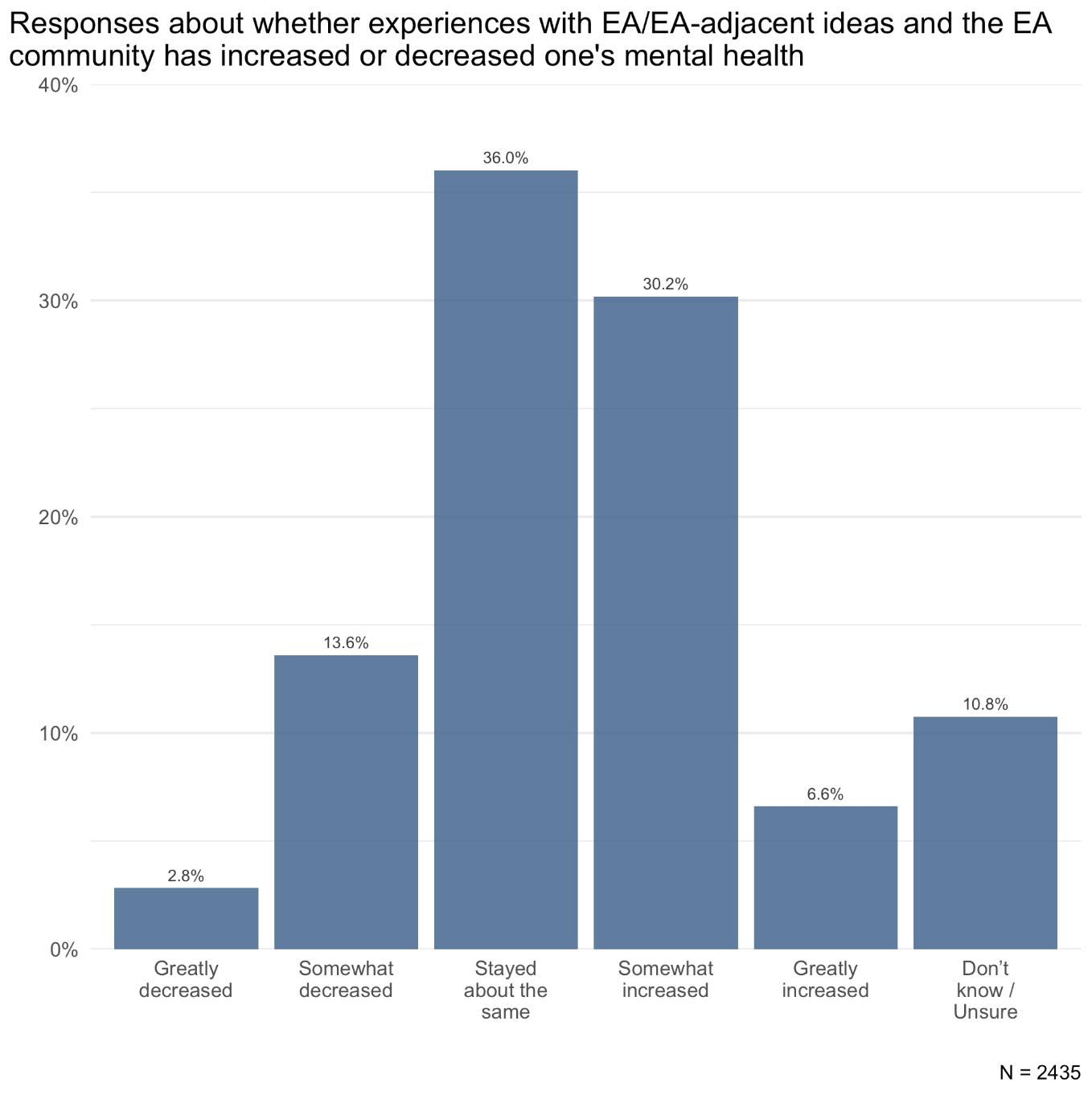
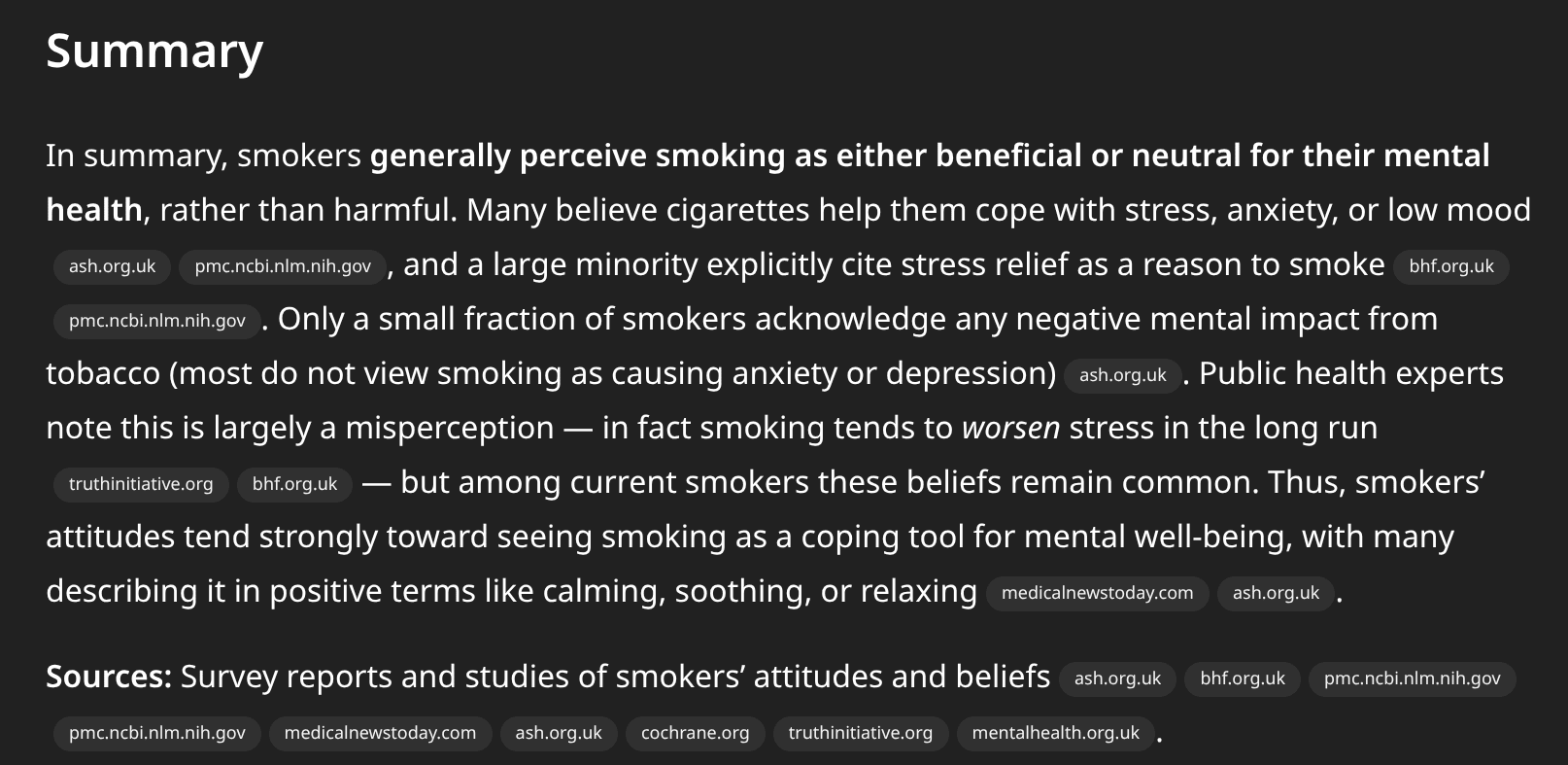
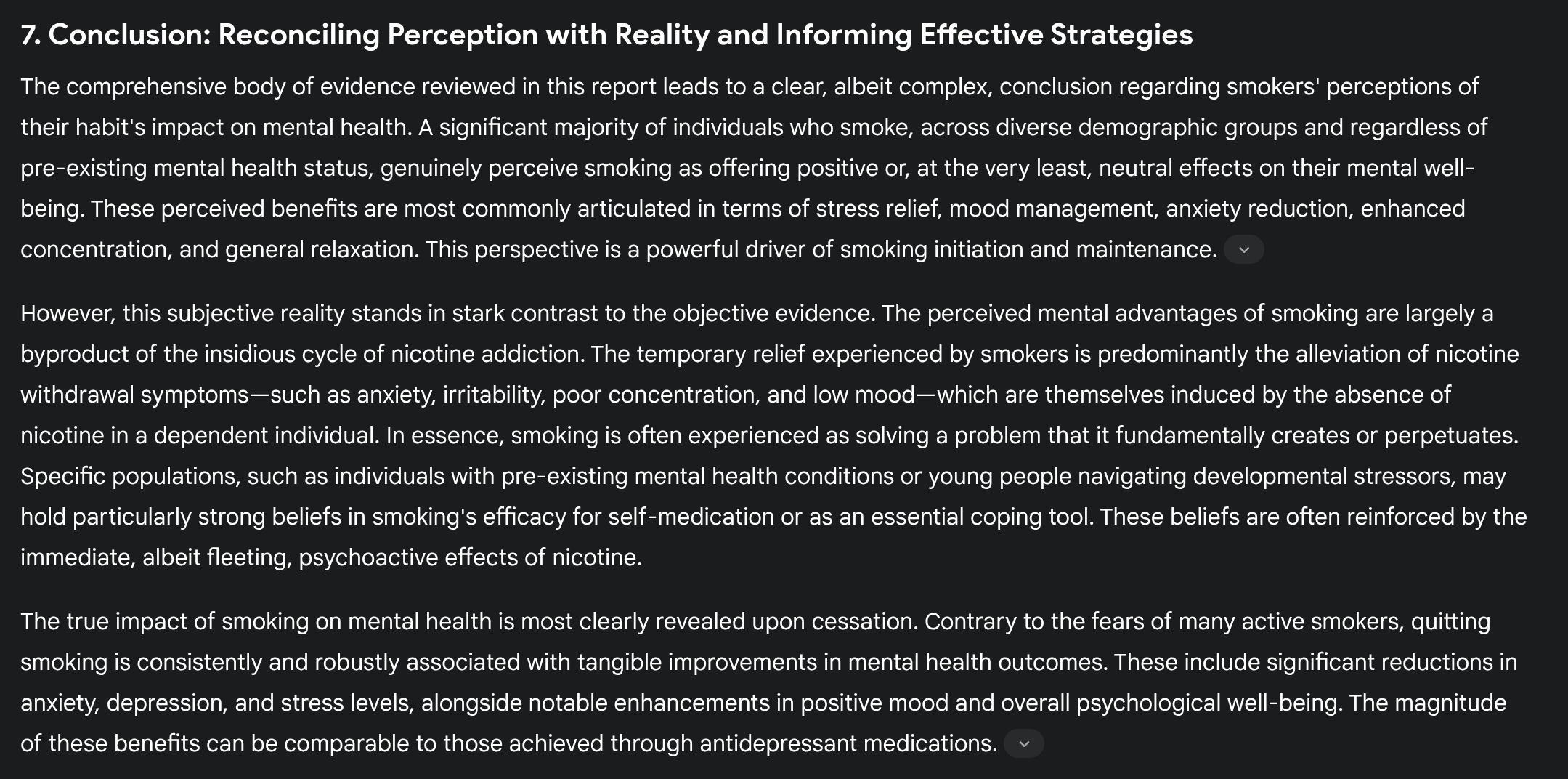
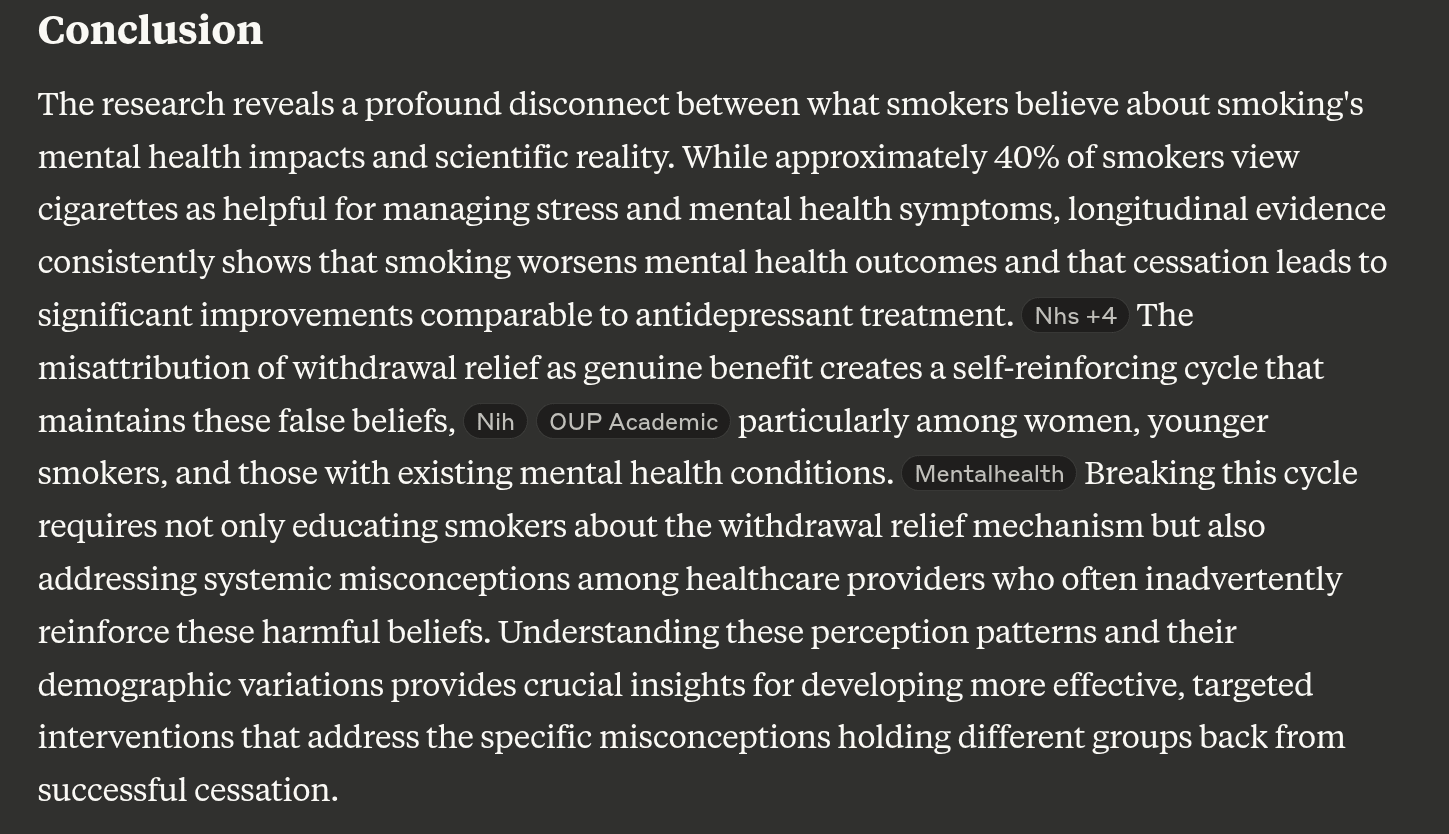
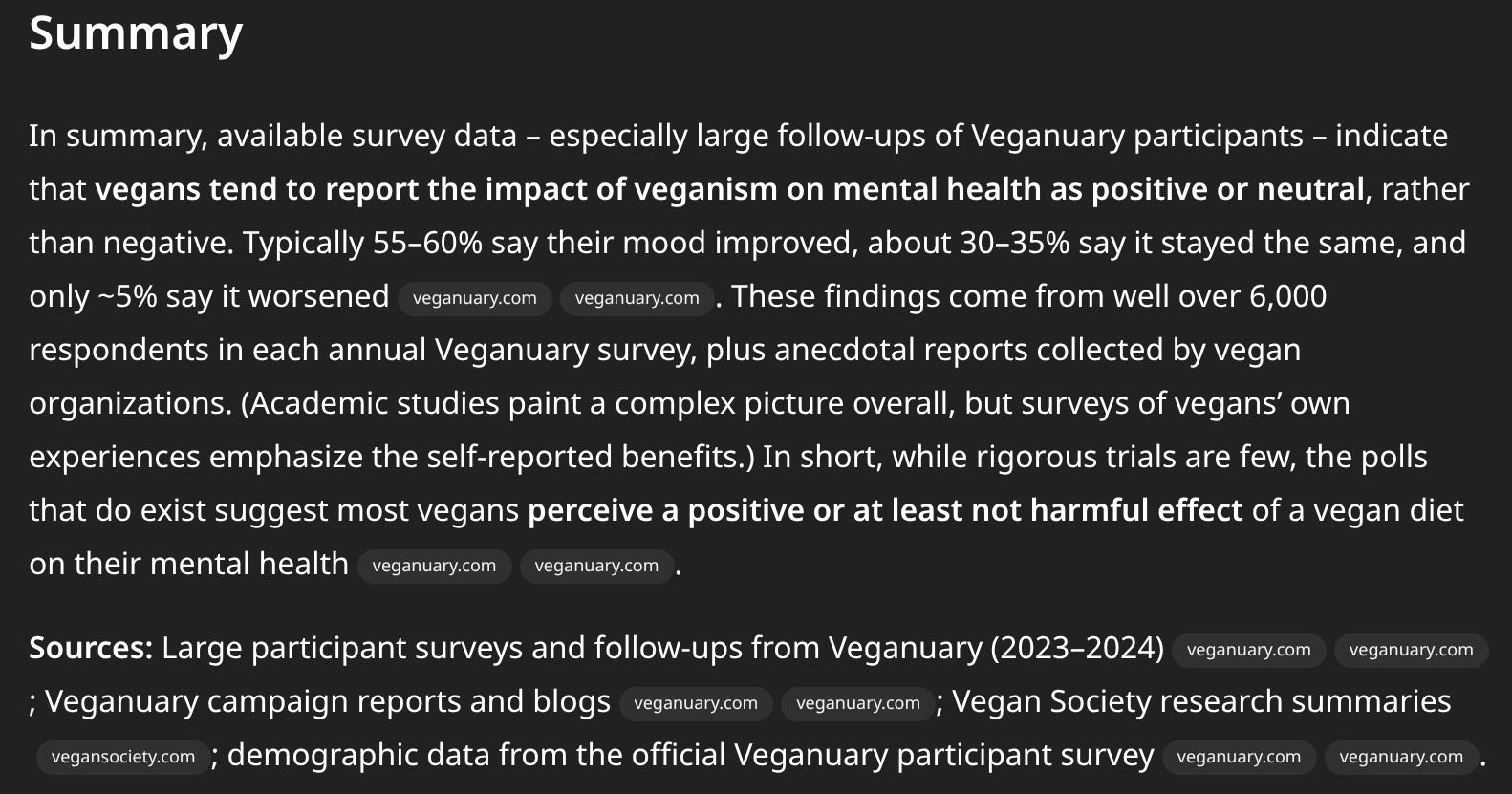
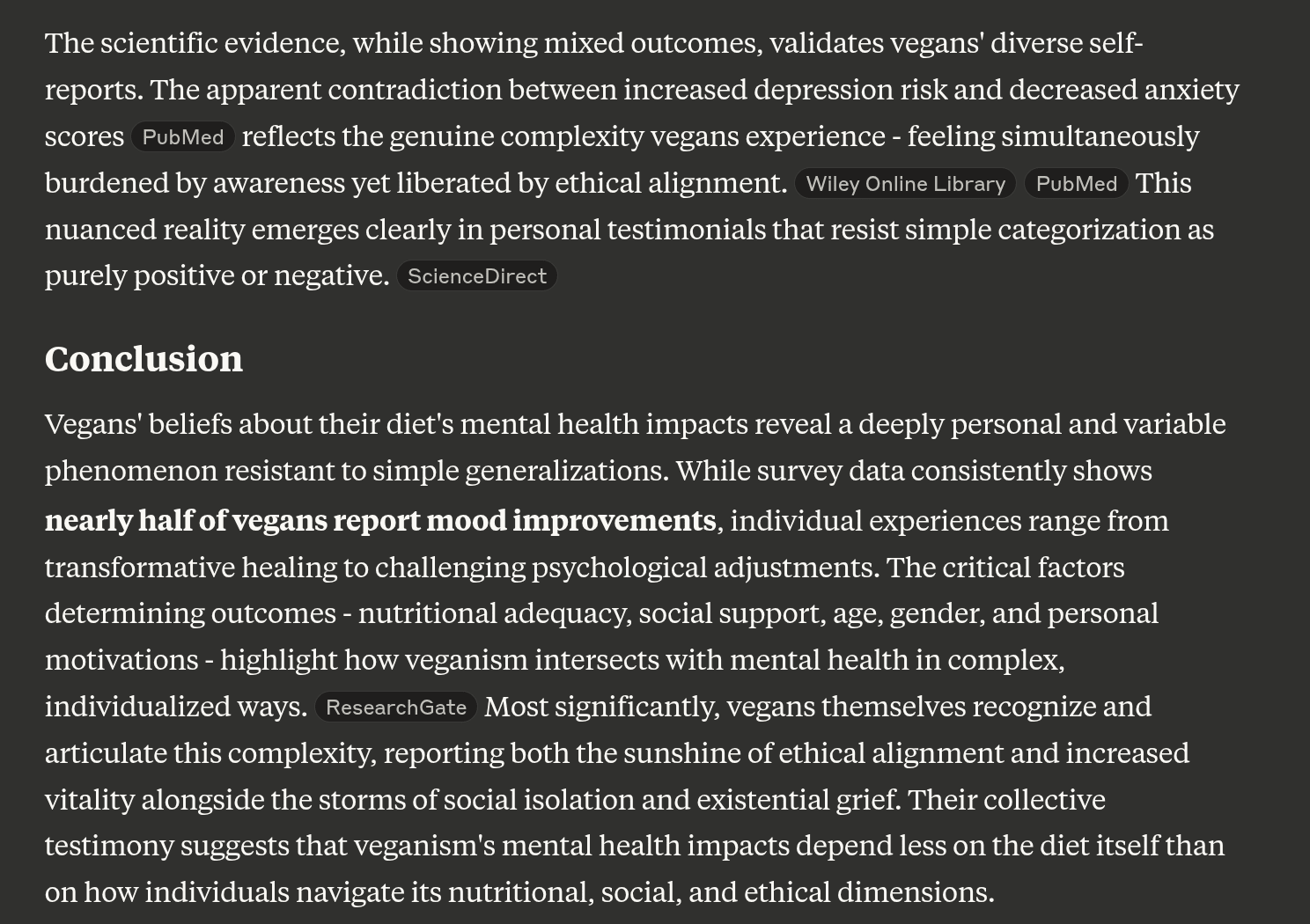
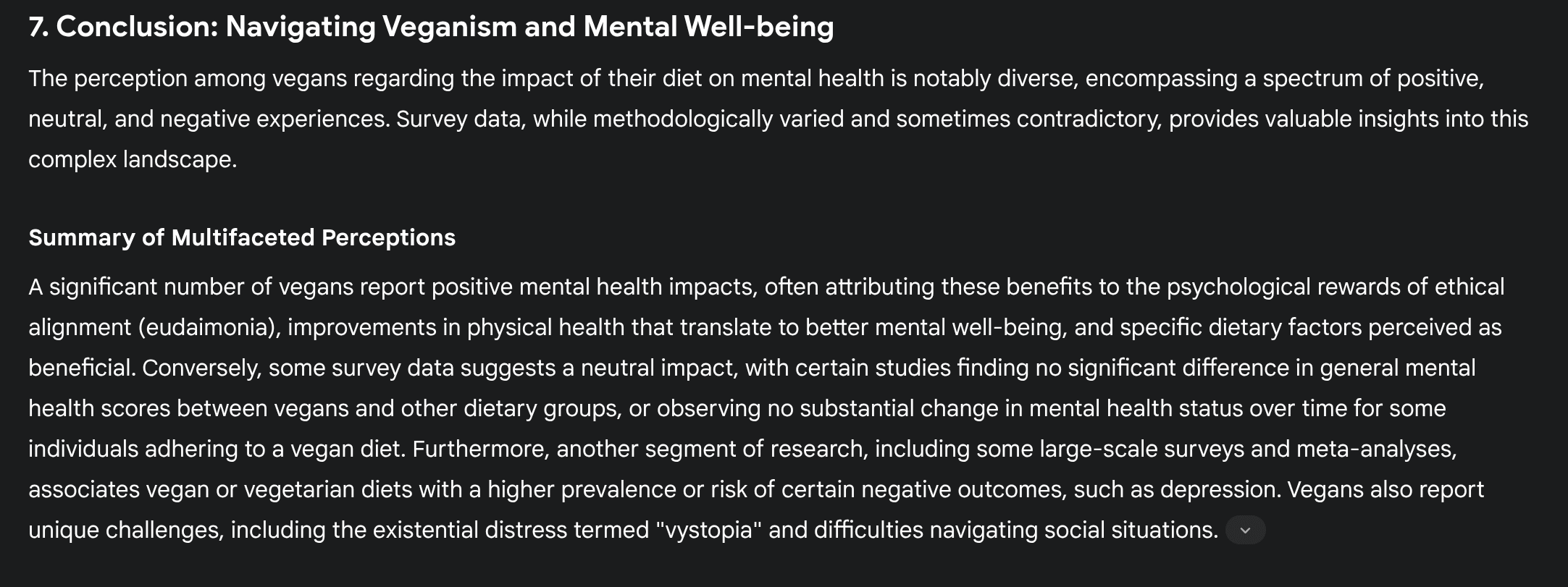
Very cool! I wasn't aware of this and am also interested to see how it goes.